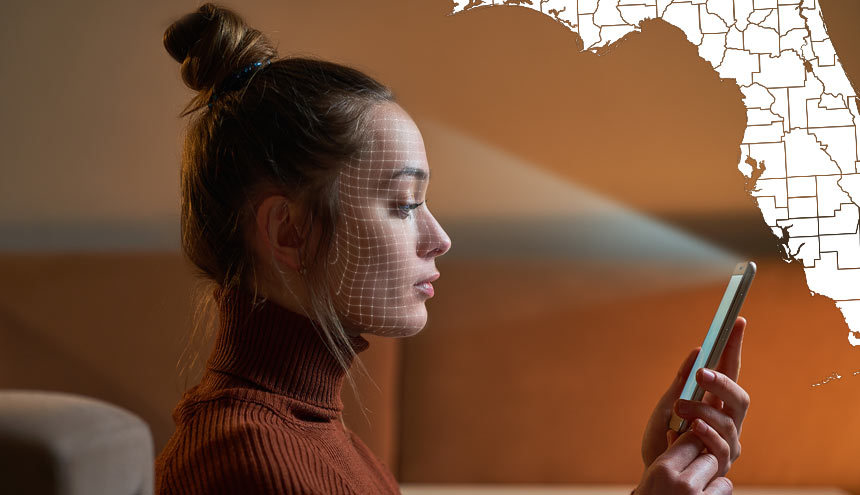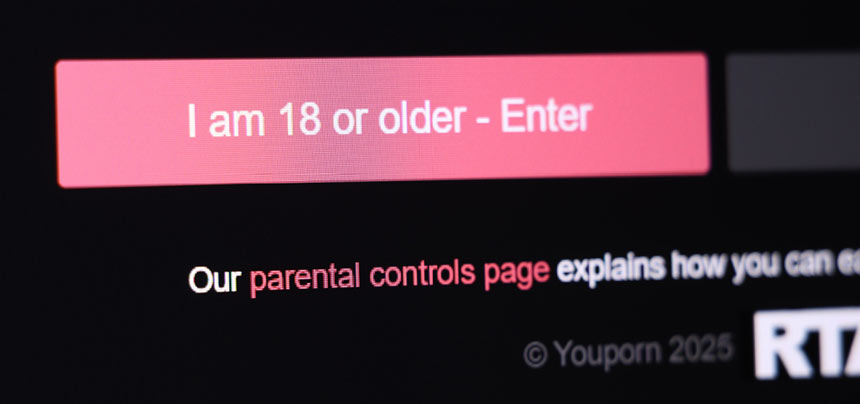Attorney Corey D. Silverstein to host new Legal Impact Webinar on the new North Carolina Age Verification Law
Cyberspace (February 4, 2026) - Corey D. Silverstein, the driving force behind MyAdultAttorney.com and Adult.Law, is pleased to announce that he will be hosting his latest Legal Impact Webinar entitled "North Carolina AV Law - Content Creation Issues" on February 26th at 4:00 PM EST. This session, sponsored by Pig Machine, with exclusive media sponsor XBIZ, will be moderated by ClaraKitty and feature special guests Siouxsie Q and attorney Lawrence Walters. The North Carolina law has created major confusion for the adult community, its access to adult websites, and their ability to create, upload and view adult content. This webinar has been put together to help the adult community understand the impact of this law and help you figure out your next steps as a creator, performer, or platform. “”Havoc” is the best word that I can use to describe what North Carolina’s law has caused the adult entertainment industry.” said Corey D. Silverstein. “The topic of this webinar was chosen because of the substantial community outreach that I received following numerous platforms and content creators abandoning all activities with North Carolina.” Silverstein continued. “The revocation of consent component of North Carolina’s law has been especially destructive for the industry.”…








